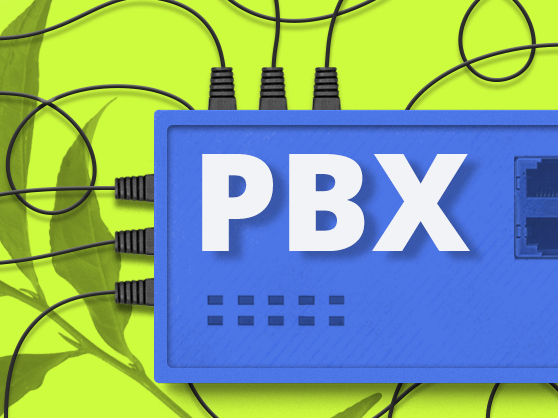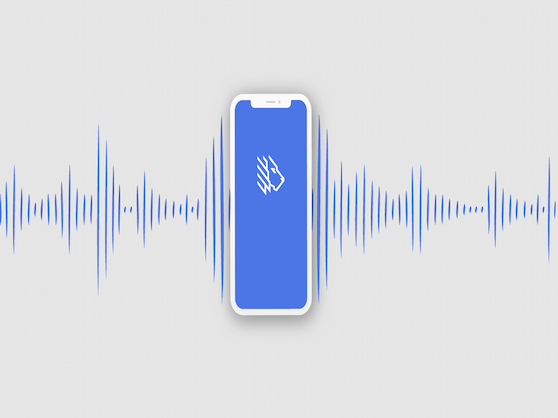Life is full of age old questions: what came first, the chicken or the egg? Who’s afraid of Virginia Woolfe? The Rolling Stones or The Beetles? Shaken or stirred?
Here, however, we’ll be discussing a different—but equally important!—question: the issue of landline vs. VoIP phone systems. For small businesses the decision is a critically important one, one that could very well determine the success or failure of the venture.
So, what are the pros of each? The cons? Let’s find out!
Landlines
For starters, landline phones are used by many businesses because, well, it’s what they know. Most everyone had a landline growing up at home (even though they are rapidly disappearing), and people usually like going with what they know.
Landlines are also relatively stable and reliable because they’re hard-wired into the ground. Unless you have a massive storm or freak accident take out your power/phone lines, the phones are going to work. Also, once you’ve learned how to use one landline system, you usually can use most of them, and training is relatively easy.
Furthermore, a lot of businesses already have landline phones, so going with a provider that offers landlines exclusively might seem to make intuitive business sense.
However, there are some negatives that are important to keep in mind.
For one, they’re landlines, which means that if you aren’t at your desk, you aren’t answering the call. No talking in the car, and no talking at home (on the same landline system at least). If your company uses a landline-only provider, then your chance of looping your mobile phone into the system is right around zero.
Also, if there IS a freak power outage, or if the construction crew outside accidentally hits your phone line- then guess what? No phones.
VoIP
The biggest positive of VoIP systems counteracts arguably the biggest negative of landlines:
«VoIP systems can be used at the office, on-the-go, and in general a much larger variety of situations.»
With a VoIP system you can use your computer—desktop or laptop—to make a call, through a browser or a downloaded program. You can also use your cell phone (through direct calls or via an app) and, with some finagling, you can even use the landline phones in your office.
Due to this, VoIP phone systems are also incredibly useful for businesses that are more spread out or have employees that are frequently moving around. No need to worry about an employee not being at their desk to pick up; if they have their cell, they’re reachable.
VoIP systems usually also allow more flexibility and customization in their designs as well. Employers can more easily direct call flows, change settings, and more, often just by logging onto their main page on the web. With landlines, there’s usually a lot of slow button pressing to try to find different settings, and oftentimes you’ll have to bring someone in to help with the system.
If you’re interested in VoIP systems, why not try one out: MightyCall, a VoIP system designed for small businesses!




























